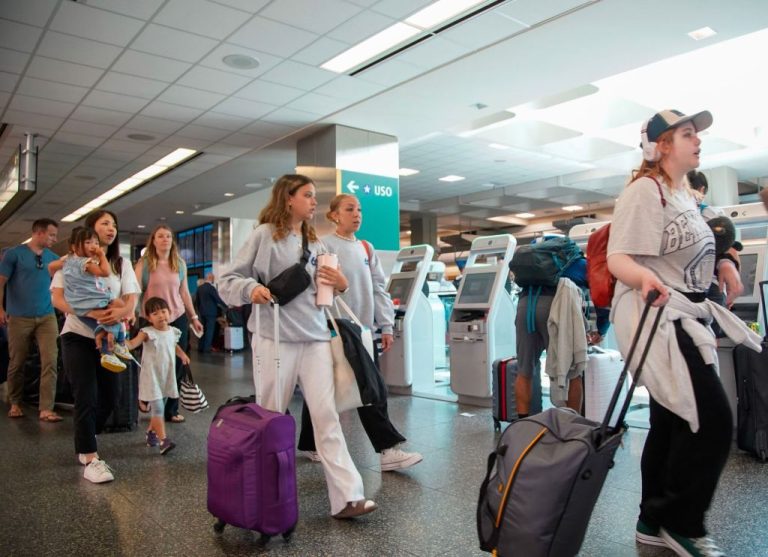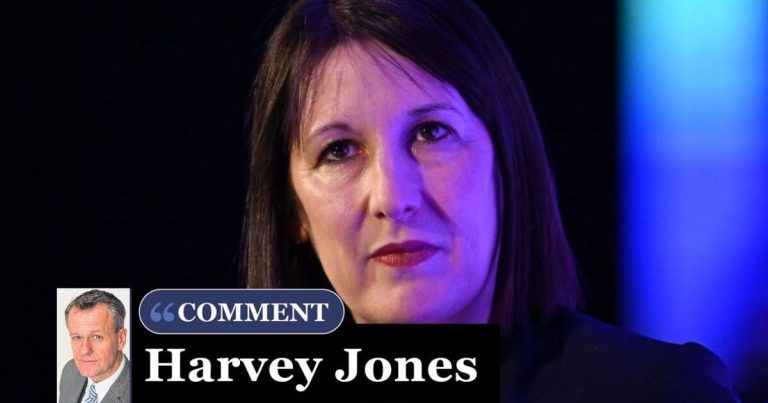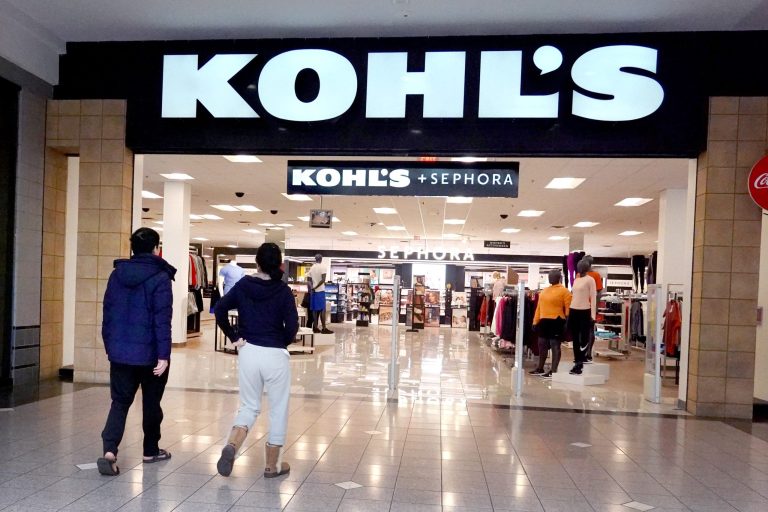

Incumbent Democrat Mike Levin, first elected to Congress in 2018, leads his four Republican opponents in California’s 49th Congressional District by a majority of 4-1 for the March 5 “top two” primary, according to a poll released Tuesday.
Levin would take 43 percent of the vote, based on the poll conducted by Survey USA for The San Diego Union-Tribune and KGTV-TV of 800 adults by telephone and online during the week of Jan. 9 through 15.
Republican Matt Gunderson, an auto dealer and 2022 state Senate candidate, was second at 12 percent, the only one of Levin’s opponents in double digits. Broadcasting executive Margarita Wilkinson and businesswoman Kate Monroe each took 7 percent. Auto industry executive Sheryl Adams had 3 percent.
The poll showed 28 percent of likely voters said they were as yet undecided, including 40 percent of renters, 37 percent of independents, and 36 percent of Latinos.
Wilkinson ran most strongly among voters who are neither white nor Latino, with 16 percent, also among very conservative voters, where she was at 14 percent. Monroe has strength among somewhat conservative voters (15 percent) and those who voted for Republican Brian Maryott in 2022 (also 15 percent).
Issues identified by voters as most important in this election cycle were the cost of living, 24 percent; the economy, 18 percent; homelessness, 13 percent; crime, 10 percent; abortion, 9 percent; housing and climate, each 7 percent; and guns, 6 percent.
Gunderson has a 10-point advantage over Levin among those voters most focused on the cost of living, and trails Levin by 7 points among those who say the economy is their top issue, and by 8 points among voters most focused on crime. Elsewhere, Levin leads by double digits.
Wilkinson trails Levin by a single percentage point among cost-of-living voters and by 4 points among crime voters; elsewhere, Levin leads by double digits.
Among all registered voters contacted by the poll, 54 percent said they approve of the job Levin is doing (25 percent strongly approve, 29 percent somewhat approve); and 34 percent disapprove (14 percent somewhat disapprove, 20 percent strongly disapprove).







